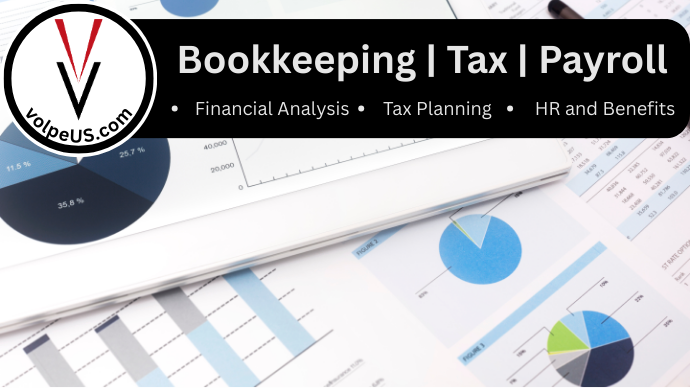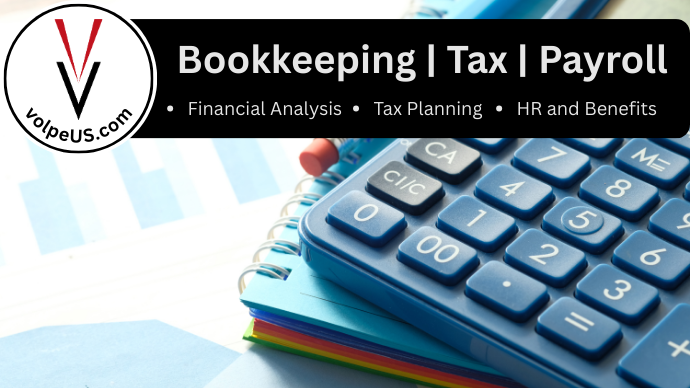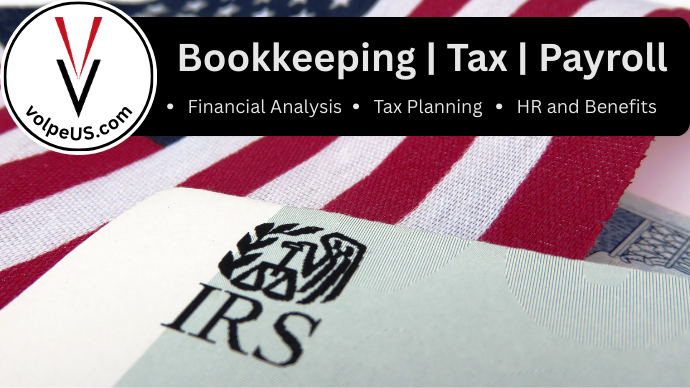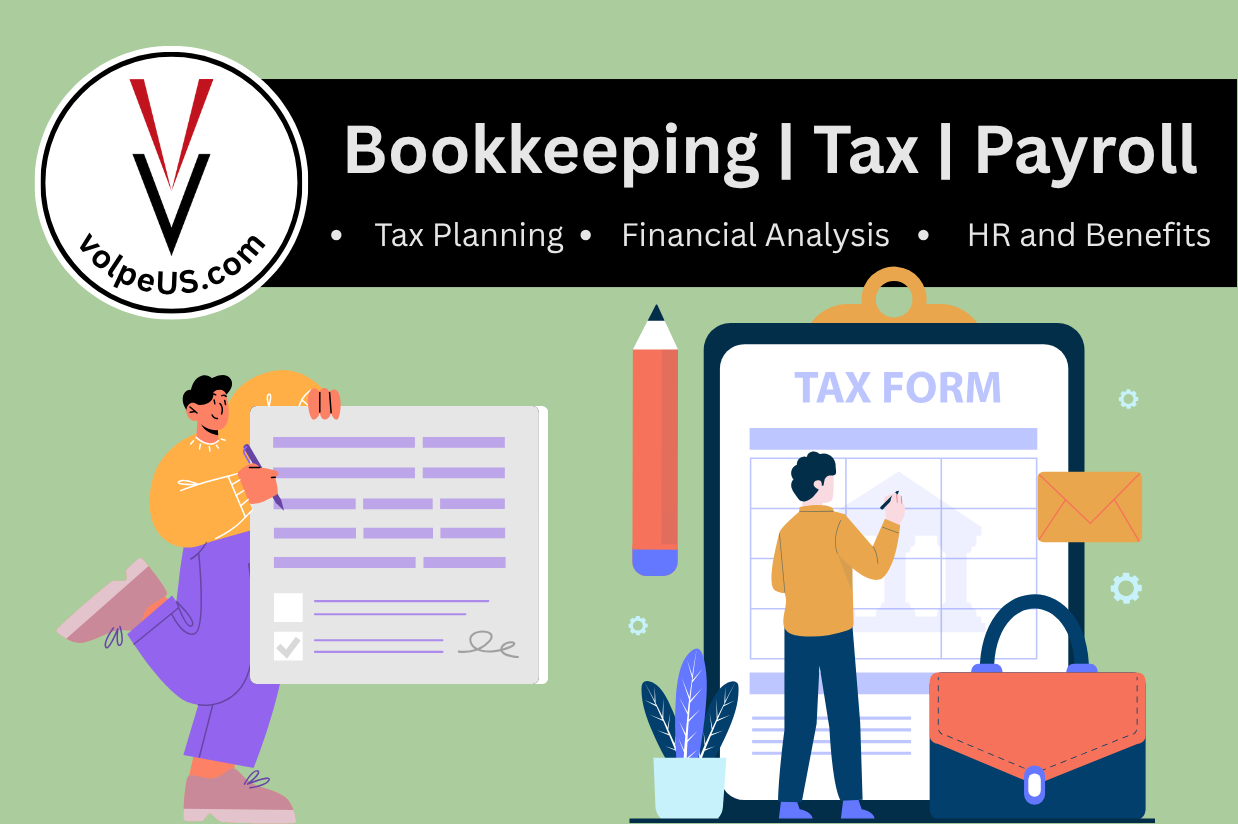Executive Summary: Why Financial Forecasting Matters
This article goes into detail on the value of financial forecasting. Practicing forecasting can help lead to better strategic business decisions and prepare you for statistical uncertainties, allowing for quicker corrective actions to be made when estimates don’t line up with what was first thought. Forecasting can range from a restaurant estimating sales for an upcoming season to dedicated forecasting teams within a large organization for different business units. Some
- Strategic Planning – Forecasting transforms data into actionable insights for informed business decisions.
- Financial Clarity – Provides an objective view of a company’s financial health, guiding realistic planning.
- Optimized Budgeting – Helps businesses allocate resources efficiently, balancing revenue and expenses.
- Variance Analysis – Identifies performance gaps, enabling quick course corrections.
- Seasonal Preparedness – Anticipates market fluctuations to ensure financial stability year-round.
- Debt Prevention – Reduces unnecessary borrowing through proactive financial management.
- Competitive Edge – Positions businesses ahead of market shifts with smart, proactive decision-making.
Jump to a Specific Section
Why Forecast?
Forecasting is one of the most powerful tools in business ownership—a process that transforms data into vision, insight into strategy, and ambition into action. At its core, forecasting is the ability to anticipate the future, leveraging financial patterns and historical performance to project where a business can go, how it will get there, and what resources it will require along the way.
Whether you’re a startup founder or an established executive, forecasting is invaluable. It provides direction—not just for survival, but for intentional, sustained growth. So, why forecast?
Objective Financial Assessment
Understanding the financial health of a business is essential. Every operational decision—from payroll to inventory management—is influenced by financial constraints. Taking a step back to analyze business finances with objectivity allows leaders to set realistic expectations and make informed choices.
If an unbiased financial assessment proves challenging, partnering with a third-party expert, such as Volpe Consulting & Accounting, can provide a clear and accurate financial snapshot. This critical foundation enables businesses to forecast effectively, setting realistic goals and aligning aspirations with fiscal realities.
Income & Expense Awareness
A well-structured forecast forces businesses to critically assess revenue streams and expenditures—not merely tracking finances but strategically managing them.
For instance, anticipating a revenue increase in Q3 due to a product launch enables a company to proactively allocate resources, whether in marketing, staffing, or production scaling. Similarly, analyzing expenses allows organizations to scrutinize recurring costs, discretionary spending, and capital investments, ensuring financial sustainability and efficiency.
By forecasting accurately, businesses shift from reactive money management to proactive financial strategy—gaining a competitive edge by preparing for challenges and opportunities ahead of time.
Rapid Insights Through Variance Analysis
Forecasting enhances business intelligence by identifying variance—the gap between projected and actual financial performance. There are two key types of variance:
- Favorable Variance: When actual revenue exceeds expectations or expenses fall below projections.
- Unfavorable Variance: When revenue is lower than anticipated or expenses exceed forecasts.
Identifying variances allows businesses to make timely adjustments. For example:
- If revenue is underperforming, refining marketing strategies or adjusting product offerings may be necessary.
- If product costs are unexpectedly high, re-negotiating with suppliers or seeking alternative vendors can help.
- If profitability exceeds expectations, reinvesting in market expansion or infrastructure improvements can drive growth.
With a clear financial roadmap, businesses are empowered to navigate market fluctuations with agility, outperforming competitors who lack strategic foresight.
Seasonal Financial Planning
Most industries experience seasonal cycles, yet not all businesses plan accordingly. Forecasting highlights these trends, allowing organizations to manage financial fluctuations proactively.
Consider a boat rental company: summer may be peak season, while winter slows down. Simply recognizing these patterns is insufficient—mapping them out financially is key to sustainability. A strong forecast enables businesses to:
- Optimize staffing during high-demand periods.
- Allocate revenue from peak seasons to cover off-season expenses.
- Prepare for predictable financial commitments, such as maintenance or equipment upgrades.
For example, if a summer peak generates $100,000 in revenue and historical data suggests $20,000 will be required for maintenance in October, forecasting ensures funds are allocated in advance, preventing financial strain.
With forecasting, businesses operate in sync with their industry’s rhythm, reducing financial surprises and ensuring stability year-round.
Minimizing Unnecessary Debt
A lesser-discussed benefit of forecasting is reducing reliance on debt. Financial planning helps businesses anticipate revenue fluctuations and major expenses, allowing them to save proactively rather than resorting to emergency loans.
While credit can be useful, borrowing should be strategic—not a default response to predictable business challenges. A well-crafted financial forecast ensures businesses remain in control, rather than being dictated by creditors.
To Forecast is to Strategize
A commitment to forecasting enables businesses to:
- Conduct objective financial assessments.
- Strategically manage income and expenses.
- Identify variances and adjust swiftly.
- Navigate seasonal fluctuations with confidence.
- Reduce unnecessary borrowing and financial risk.
From local businesses to large corporations, financial forecasting is more than a tool—it is a strategic necessity. Proactive forecasting fosters stability, empowers decision-making, and ensures businesses remain adaptable and competitive in a dynamic marketplace.
In our next discussion, we will explore how to implement effective forecasting strategies. Until then, reach out to Volpe Consulting & Accounting for expert financial guidance.
If there’s a pain point within your operation that you’d like to discuss, we’re here. We’d appreciate the opportunity to look into it with you and hopefully provide some insight as to how you can move forward. For more information, or to just put some faces to our name,
Disclaimer: The content on this blog is for informational, educational, and occasional entertainment purposes only. It should not be construed as legal, tax, or financial advice.
















